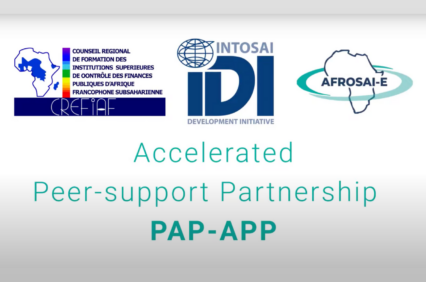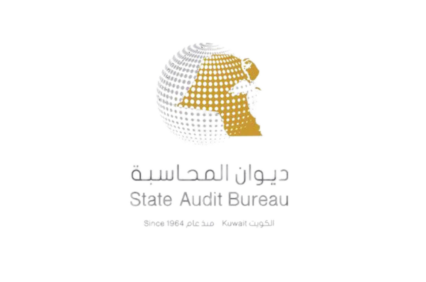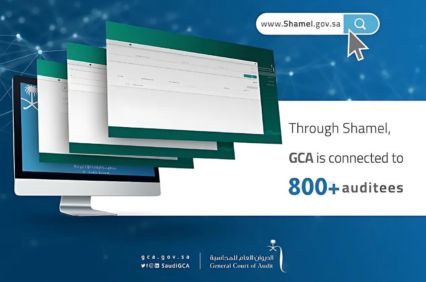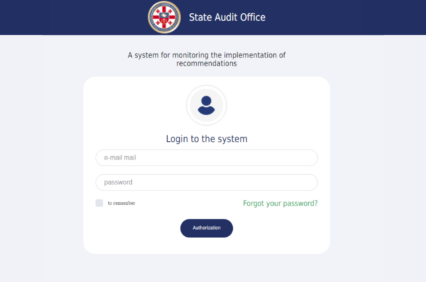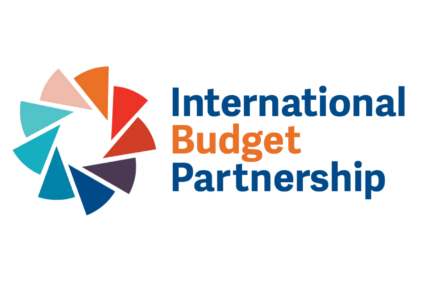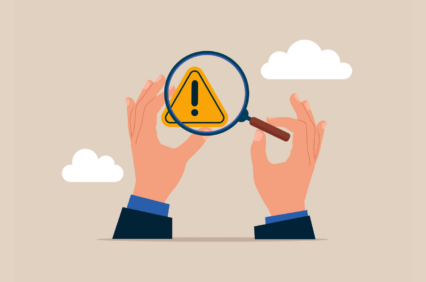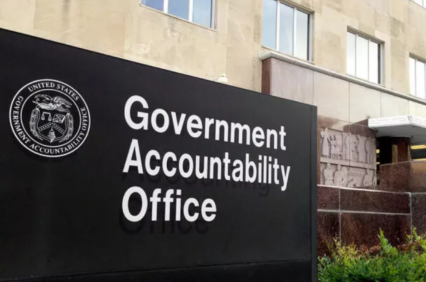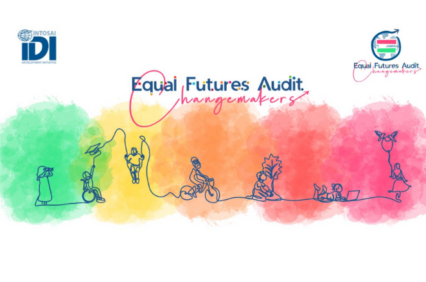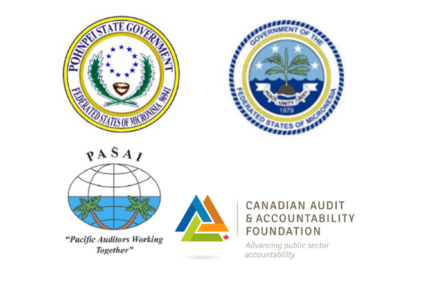Implementing Recommendations and Audit Follow up: Modernising Government Warehouses in the Kingdom of Saudi Arabia
In this era that witnesses rapid developments in technology fields and growing administrative challenges, there is an increasing need to modernise auditing systems to enhance transparency and efficiency in the management of public resources. For decades, the Kingdom of Saudi Arabia relied on a regulation of government warehouses that was adopted in 1983, which was, at the time, appropriate and effective according to the standards and requirements. This regulation, which was implemented under the supervision of the Ministry of Finance (MOF), provided a solid foundation for managing resources efficiently and effectively. In this context, the Supreme Audit Institution of the Kingdom (the General Court of Audit (GCA)) played a pivotal role in pioneering digital transformation and modernising systems through active participation in restructuring and developing the regulations of government warehouses. The last of these regulations was issued in 2020, which came into effect following its communication with the government authorities, most notably the MOF on one hand, and higher authorities on the other. This process included introducing advanced automated systems, improving government procedures, and activating administrative governance in accordance with best practices, which contributed to significantly improving government operations and services.


